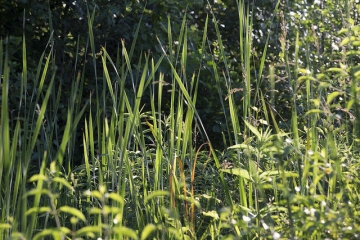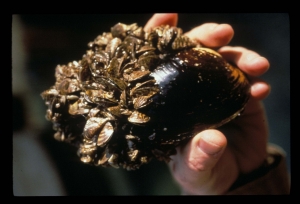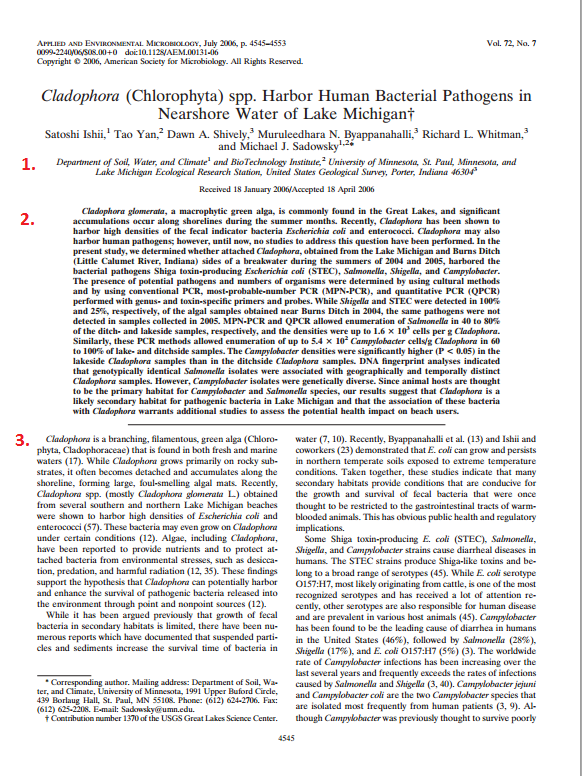This Research Guide was created to provide access to resources related to the multidisciplinary field of Animal Studies. While not comprehensive, this Research Guide provides links to important works related to the Animal Studies field.
- First Steps
- Animal Ethics and Animals in Philosophy
- In the News
- Animal Behavior and Zoology
- Animals in Art
- Animals in Literature
- Protection of Animals
- Conferences & Workshops
Bekoff, Marc. "Increasing Our Compassion Footprint: The Animals' Manifesto." Zygon: Journal of Religion & Science, vol. 43, no. 4, Dec. 2008, pp. 771-781. EBSCOhost, doi:10.1111/j.1467-9744.2008.00959.x.
Berger, John. "”Why look at Animals?” About Looking. 1st American ed. ed., New York, Pantheon Books, 1980.
COD Library
Herzog, Hal. “The Importance of Being Cute: Why We Think What We Think about Animals That Don’t Think Like Us.” Some We Love, Some We Hate, Some We Eat : Why It's so Hard to Think Straight About Animals. 1st ed. ed., New York, NY, Harper, 2010.
COD Library
Waldau, Paul. "Animal Studies in the Key of Animal Rights." Animalia, Vol 1, Issue 1, June 26, 2015
Singer, Peter. "Speciesism and Moral Status." Metaphilosophy, vol. 40, no. 3/4, July 2009, pp. 567-581. EBSCOhost, doi:10.1111/j.1467-9973.2009.01608.x.
All thoughts are equal : Laruelle and nonhuman philosophy
by John Ó Maoilearca
Available via I-Share
Animal consciousness - Stanford Encyclopedia of Philosophy
By Colin Allen & Michael Trestman
Animal rites : American culture, the discourse of species, and posthumanist theory
By Cary Wolfe
General Collection HV4708 .W65 2003
Animal rights : current debates and new directions
By Cass R. Sunstein & Martha Craven Nussbaum
ebook
Animal rights and human obligations
by Tom Regan and Peter Singer
General HV 4711 .A56 1989
Animal Rites: Liturgies of Animal Care
By Andrew Linzey
Available via I-Share (Ordered for purchase by COD Library)
Animal rights and moral philosophy
By Paul. Waldau
General Collection HV4708 .F74 2005
Animal rights : a philosophical defence
By Mark Rowlands
General Collection HV4708 .R69 1998
City creatures : animal encounters in the Chicago wilderness
by Gavin Van Horn, David Aftandilian
General Collection QH541.5.C6 V36 2015
Dominion : the power of man, the suffering of animals, and the call to mercy
By Matthew Scully
General Collection HV4708 .S38 2002
BBC World News: HARDtalk. "Do humans discriminate against animals?"
There are parallels between discriminating against beings because of their race and sex and discriminating against animals because of their species, the philosopher Peter Singer has told BBC HARDtalk.
Thinking animals : why animal studies now?
By Keri Weil
General Collection B105.A55 W45 2012
Thinking through animals : identity, difference, indistinction
By Matthew Calarco
General Collection B105.A55 C34 2015
Vegangelical : how caring for animals can shape your faith
By Sarah Withrow King
General Collection BT746 .K565 2016
What is Posthumanism?
By Cary Wolfe
General Collection B821 .W65 2010
When species meet
By Donna Jeanne. Haraway
General Collection QL85 .H37 2008
Why animal suffering matters : philosophy, theology, and practical ethics
By Andrew Linzey
General Collection HV4708.L5644 2009
Zoontologies : the question of the animal
by Cary Wolfe
General Collection B105.A55 Z66 2003
Zoographies : the question of the animal from Heidegger to Derrida
By Matthew Calarco
General Collection B105.A55 C35 2008
About Place Journal
A literary journal published by the Black Earth Institute dedicated to re-forging the links between art and spirit, earth and society.
H-Net: Humanities and Social Science Online - Animal Studies, provides book reviews, conference and workshop announcements, calls for papers, and other links to news related to Animal Studies.
"The Animal/Nonhuman Workshop is an interdisciplinary group of graduate students and faculty who engage with Nonhumans, representations of animals, and human-nonhuman encounters."
Call for papers!








